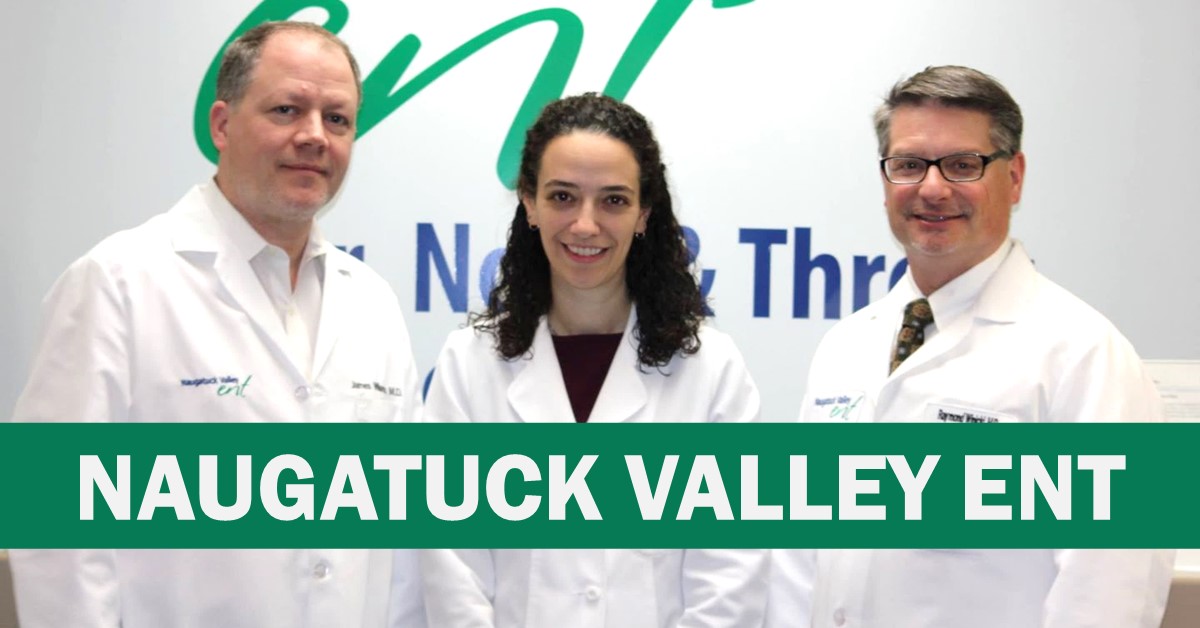Hyperthyroidism
The thyroid is a butterfly-shaped gland located at the base of the front of the neck. It produces thyroid hormone, which controls your metabolism, temperature regulation, and keeps your muscles and organs working properly. In hyperthyroidism, the thyroid gland is producing too much hormone. This excess of thyroid hormone causes the body’s metabolism to be overactive. A simple blood test can diagnose hyperthyroidism.
What Are the Symptoms of Hyperthyroidism?
Patients with hyperthyroidism can have one or more of these symptoms:
- A racing heart or palpitations
- Tremors
- Feeling jittery
- Unplanned weight loss
- Feeling hot all the time
- Feeling anxious
- Difficulty sleeping
If Graves’ disease is the cause of the hyperthyroidism (see below), a person may also experience:
- A goiter
- Eye problems, like swelling, redness, bulging, dryness, itching, blurry vision, double vision
What Causes Hyperthyroidism?
Hyperthyroidism can be caused by all or part of the thyroid being overactive. In some patients, hyperthyroidism is caused by the whole gland being overactive, which is called Graves’ disease, one of the most common forms of hyperthyroidism. In addition to the thyroid gland, the eyes can be affected.
Some people’s hyperthyroidism is due to a single, or multiple, areas in the thyroid (nodules) that are overactive. This is referred to as a “toxic nodule” or “toxic multinodular” goiter.
How We Can Help
We can help with your ENT medical issue at our Waterbury, CT office. Our board-certified doctors, nurses, and ENT specialists treat your condition and other ENT issues, including allergies, sinusitis, ear infections, balance issues, snoring, sleep apnea, hearing loss, speech & swallowing problems, and pediatric ENT. Please visit our Services page to learn about our services or call our office to schedule an appointment at (203) 578-4630.
What Are the Treatment Options?
Treatment for hyperthyroidism includes daily medications, radioactive iodine, or thyroid surgery. The therapy depends on the cause of the hyperthyroidism, response to treatment, and the preferences of the patient. Discuss any possible symptoms or concerns you may have with your primary care provider, an endocrinologist, or an ENT (ear, nose, and throat) specialist, or otolaryngologist.
What Questions Should I Ask My Doctor?
- What treatment options do I have?
- How long can I take medication(s) for hyperthyroidism?
- At what point may a more definitive treatment, like surgery or radioactive iodine, become necessary?
Copyright 2022. American Academy of Otolaryngology–Head and Neck Surgery Foundation. Last reviewed August 2018.


